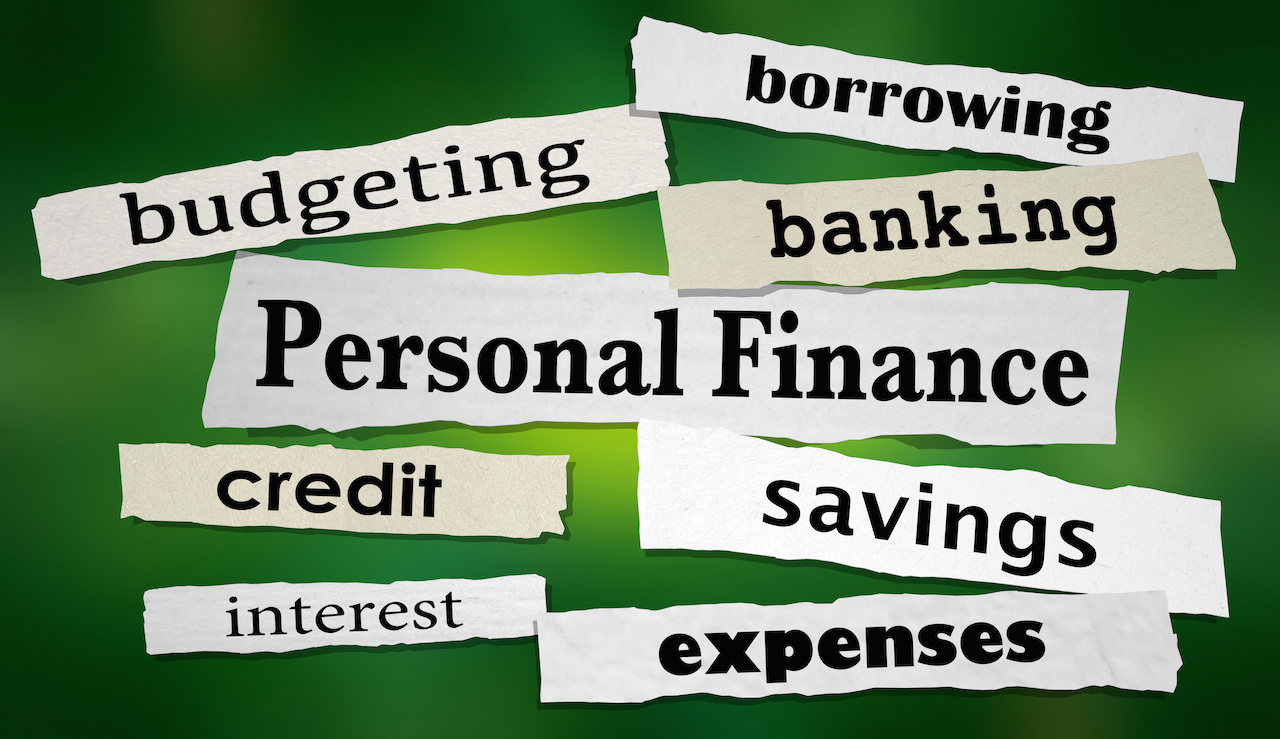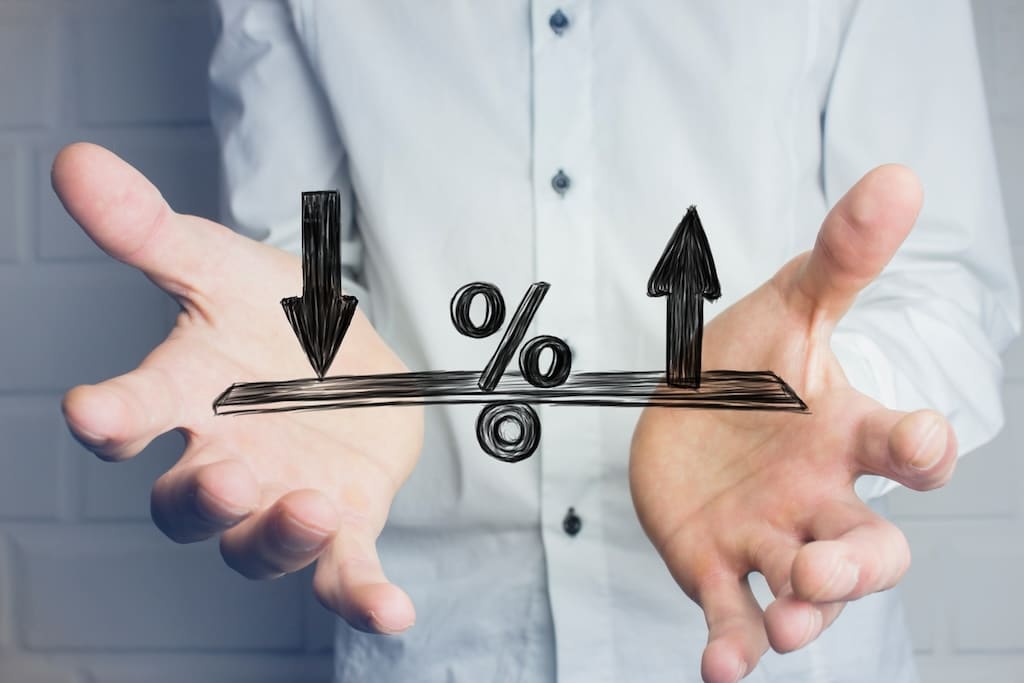We asked our Facebook fans and Twitter followers to share their most pressing personal finance questions, and this week we’re talking mortgage payments — or more specifically, unintentional partial mortgage payments that end up being reported as a 30-day late payments. John Ulzheimer, Credit Expert for Credit Sesame, weighs-in.
“John, I received a notice of change in interest rate for my mortgage effective starting for the July 2013 payment. It’s my fault but I only saw the mortgage amount and started paying that amount. I didn’t notice that there was an escrow on the account that I hadn’t been paying. I paid what I thought was the correct amount for three months before I figured out that I had screwed up and have since caught up with our payments so we’re in good shape. But, I just noticed that our credit report cards show a 30-day late payment for July.
My question is this: Didn’t our payments matter? Admittedly I was short by about $270 each month for three months but what was paid was paid on time. We’re just feeling frustrated since we took great pains to keep our good credit score but it seems our efforts got derailed by this honest mistake on our part.”
How Lenders Treat Partial Mortgage Payments
I know exactly what happened as this is a common issue in some of the cases where I’m an expert witness. A consumer makes some/most of his/her monthly mortgage payment but still finds late payments showing up on his/her credit reports. The issue is that you never really made a monthly payment in the bank’s eyes. Here’s how they treat those partial payments.
Let’s say you owe $1,000 per month in your mortgage payment due to the bank. Now, let’s say you made a payment of $900 well in advance of the due date. Consumers may think, “well I was really close to the full amount and I paid it by the due date so everything is fine and I’ll catch up next month.” Incorrect.
Because you have not made a full payment the lender does not recognize that you’ve made a payment at all. They will either return your check to you, uncashed, or they will cash the check and place the money into what’s called a “suspense account.” This sounds like what happened to this particular consumer.
Back to my example. When your $900 went into the suspense account none of it was applied to the $1,000 due as you were $100 short. But, the next month when you made another $900 payment you now had $1,800 in your suspense account, more than enough to satisfy your now past-due $1,000 payment from the month prior. So, the bank then takes $1,000 of the $1,800 and applies it to last month’s payment requirement, plus a little extra for the late fee.
Now you have $800 in your suspense account, minus a little for the late fee. So, let’s say your new suspense account balance is $750. That’s certainly not enough to satisfy this month’s payment due of $1,000 so it sits there until the next month when you make another payment. But let’s say you actually made your full $1,000 payment. What happens then?
The $1,000 is added to the $750 in the suspense account, giving you $1,750 which is again more than enough to pay last month’s payment. So, the bank takes $1,000 out of that amount, plus the late fee, and applies it to last month’s statement. Now you have $750 minus the late fee. I think you are beginning to see the point, which is you’ve been late for the past two months and the mortgage lender is now reporting you as being delinquent to the credit bureaus.
If you were to continue to make the required payment of $1,000 you will never truly “cure” your account. You’ll be short every single month. That means you’ll have what’s referred to as a “rolling” late payment because every months you’re 30 days behind in your payment. The only way to stop the madness is to make a large enough payment in order to not only pay the prior month’s amount due but also the current month’s amount due. Then you’ll be caught up and the late payment reporting will end.
Do you have a credit related question that needs an answer? Tweet them to @johnulzheimer, @creditsesame, or connect with us on Facebook to submit your questions!





















